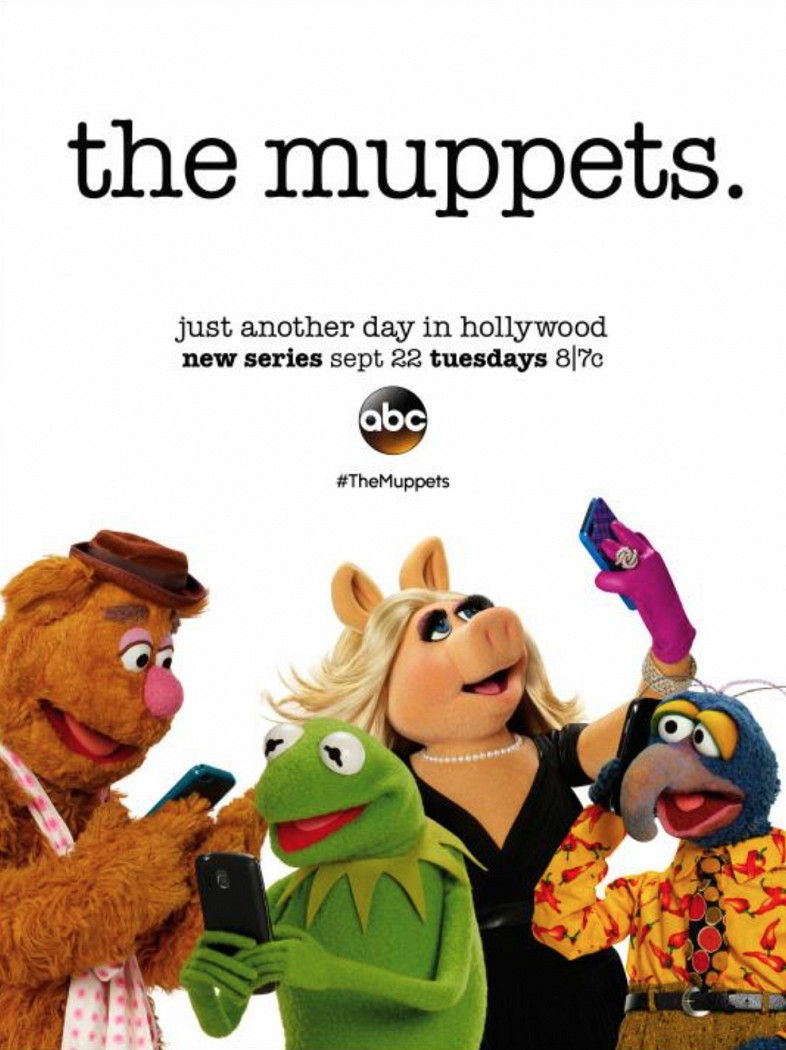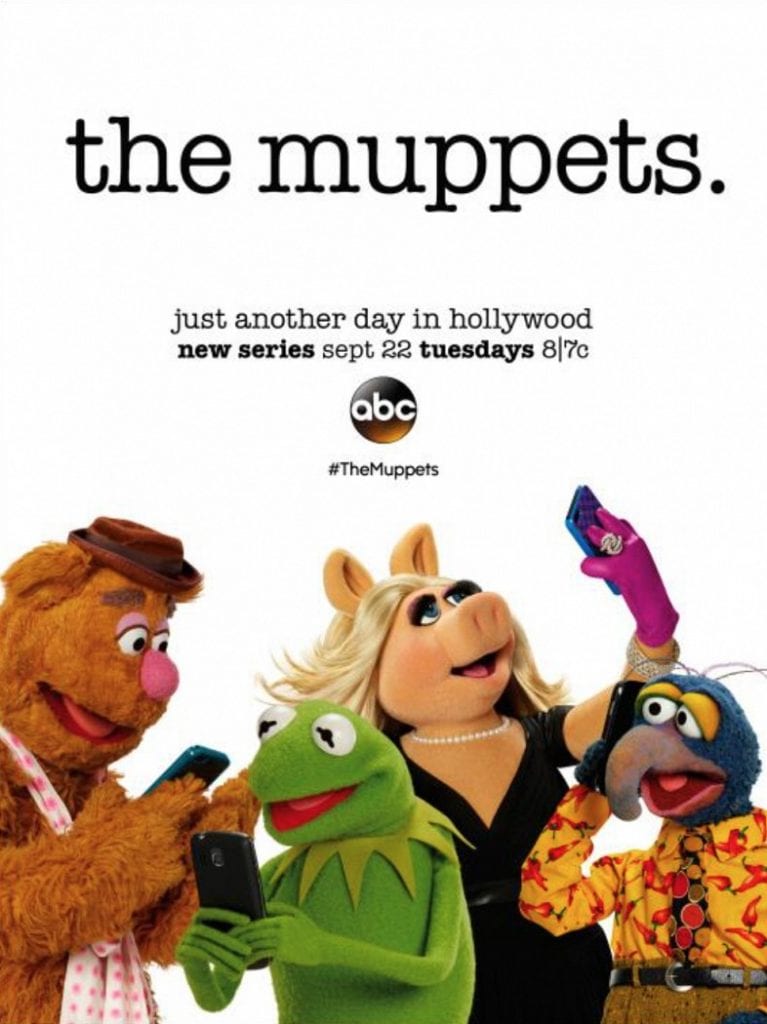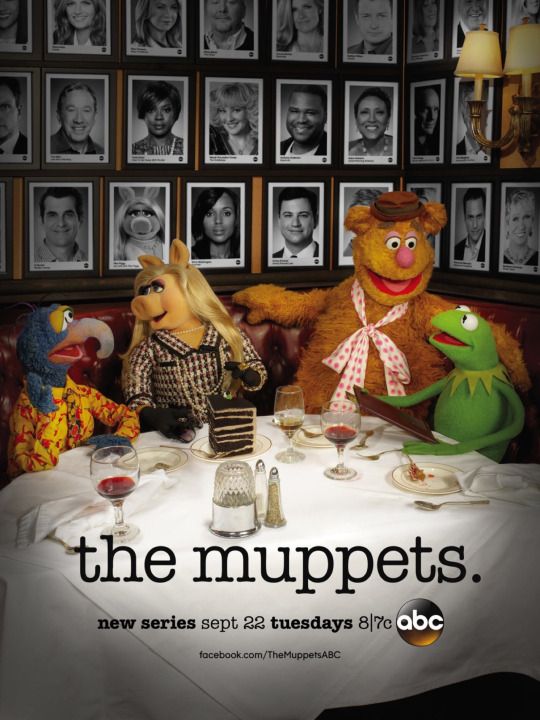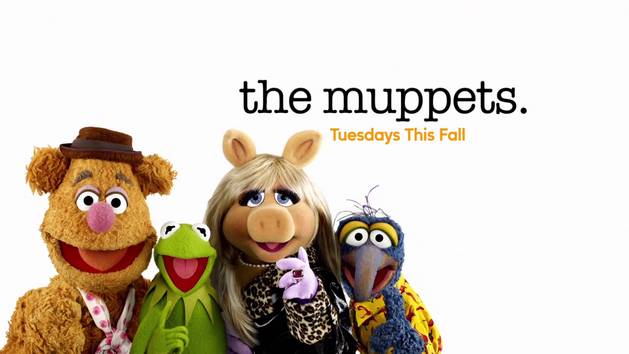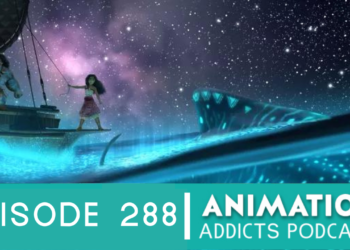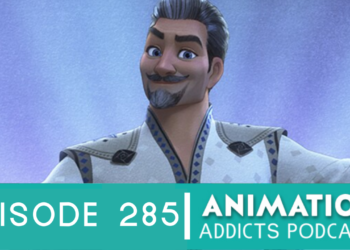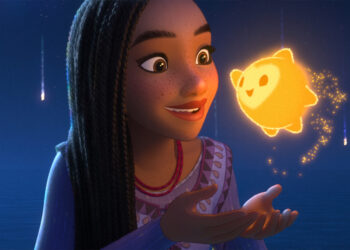I was between jobs and needed a pick-me-up.
That uncertain space between completing an internship and not knowing what next step your life will take is a weird funk to be in. Despite any positive progress toward future endeavors, sometimes the job hunt will zap it out of you and you just need something cheery to inhabit your mind. It was in such a state that I browsed the Watch ABC app and was thrilled to find The Muppets available for viewing. I had watched the short-lived series in its entirety during its initial airing in the 2015-2016 broadcast season, and never really understood why it wasn’t renewed for a second season. Ah, well. If anything can put a smile on my face when I need it most, it’s the Muppets, right? Unfortunately, wrong.
The show didn’t make me happier; on the contrary, it affected my mood in a negative way. How was that possible? The franchise that exists to create joy instead made me gloomier. And it is in this startling discovery that we find the reason for this project’s failure. It was then that I finally realized why ABC canceled The Muppets:
Was the concept itself poor, or just its execution? Or, was the lack of success instead due to a bigger-picture lack of audience interest for the Muppet brand? Was it marketing? Was it the time slot? What went wrong here?
Let’s back up by first saying this: The Muppets got a lot better as its production progressed. While it only aired one season with 16 episodes, it might as well have been two separate seasons. Its approach and broadcast was treated as such. In response to mixed reviews and low ratings, the show took a winter break and returned mid-season with new producers, new writers, and a renewed sense of existence.
By the time it got things right, though, hardly anyone had stuck around to see it. An admirable series premiere viewership of nine million viewers quickly settled to an average of three million viewers in successive weeks. Its post-winter return was even lower. That’s not terrible, but a major new show on a network station in primetime needs to show more stride than that, especially in its inaugural season, if it wants any promise of a future.
If the Muppets are known for variety shows, it makes sense that in a modern climate they’d be working on a late-night talk show together. In the parameters of this new half-hour sitcom, it makes sense that ABC would approach this series in the mockumentary style of The Office or Modern Family to show us the backstage antics of putting together that talk show. It even makes sense to give the series a would-be fresh spin by making the content edgier and more adult. What doesn’t make sense is how mismanaged all of those factors became when tossed into a stew.
Hindsight may be 20/20, but it makes sense that Muppet fans like myself were so awestruck by seeing favorite characters in primetime that we didn’t realize what the general public seemed to notice from the beginning. The Muppets, as characters, put on shows. And they do that with joy. If you’re not showing us either of those elements, you’ve lost the core of what has drawn audiences to them for decades. The autumn episodes of the show focused so much on the personal lives of the characters that we hardly ever saw the talk show itself, the very subject the series supposedly revolved around. The edgy nature of each week’s teleplay took characters to a drastic extreme that wasn’t necessarily a bad thing conceptually, but to that effect no longer made the program appropriate for children. Predecessor Muppet outings were always a family gathering that smartly balanced mature humor in clever ways. This just threw it at us with no warning. Not only that, but if it wasn’t disheartening enough to merely see beloved characters treated with such disregard, those beloved characters were themselves disheartened within the story. Kermit and Miss Piggy were broken up, leaving Kermit depressed and Piggy psychotic. Fozzie Bear existentially questioned every move he made to the nth degree. The point may have been to show that Muppets’ lives are just as jacked up as our own, but that’s a difficult pill to swallow when we’ve always looked up to them as heroes in their own right for what they bring to our lives.
Those final six episodes after the winter break are these characters in their prime. We got to see more of Piggy’s talk show, which gloriously spotlighted musical numbers and even revived sketches from The Muppet Show. Characters’ boundaries were pushed, but in a way that challenged their relationships with each other rather than attempted to prove their relevance to the audience.
Not only that, but the tone improved by leaps and bounds. Rather than the gang’s staff meetings being held in a dull sound stage with depressing florescent lighting, they were held in a warmly lit greenroom with windows and decorated with plants. Instead of the opening theme concluding with Kermit somberly forecasting, “It’s time to get things started” with the monotony of a stapler, he instead said those same words with an upbeat, optimistic cadence that he once did in the hands of Jim Henson. Subtle changes like this, as well as more significant ones directed toward content, made a huge difference.
In a story arc brilliantly indicative of who the Muppets are at their core, the first episode of the post-winter reboot acknowledges that the stakes are high. Kermit implores Miss Piggy to make changes to her show, or else she’ll end up “Sh’doink: canceled!” The remainder of the season, but particularly that first rebooted episode, is a candidly meta, expertly brilliant showcase of the troupe behind the scenes giving all they have to show the world the characters they love. Alas, despite a phenomenal race to the creative finish, the ratings just never improved, and… sh’doink: canceled.
It’s curious that the show was at its best when its existence was on the line. This same framework surrounded the franchise’s 2011 theatrical film (which was also titled The Muppets) starring Jason Segel. That movie’s purpose was the re-introduce the franchise to a new generation. If it failed, arguably so could these characters’ withstanding legacy. The film sought to define what made the Muppets special, and in doing so delivered a fantastic finished product. The follow-up theatrical film, 2014’s Muppets Most Wanted, was respectable but didn’t reach near the emotional heights as Segel’s attempt did. Was it because it didn’t have that same pressure? Here we have a similar study: The first episodes of ABC’s show certainly are aware of their expectation to perform well, but it’s not until they were received negatively and the threat of cancellation loomed that personnel changes were made and the production got its act together.
Does this mean that any future Muppet production has to exist as a definitive project for the franchise in order to succeed? Certainly not, though it should keep the core values of what makes the characters special no matter what direction it takes. We’re already seeing that Disney still believes in Kermit and the gang following their ABC downfall. The Muppets have a surprisingly large new presence at Walt Disney World, the centerpiece of which is a live show starring real Muppets in person. Going forward, a reboot of Muppet Babies is headed to Disney Channel. In a perfect world, maybe the ABC show should’ve been given one more shot, if not on ABC itself then in another medium like Netflix. Thankfully, though, even if individual projects fail, the Muppets are an evergreen franchise that will continue to be used in different ways. One mistake does not equate permanent failure, and with that context in mind, at the very least ABC gave us six episodes of our favorite characters at their very best.
All 16 episodes of The Muppets are available on the Watch ABC app under the “Throwback” category. Back when The Muppets first aired, RotoWriter Jonathan North recapped each episode the week it aired. You can read those reviews here.
Did you watch The Muppets when it aired? Do you agree with ABC’s decision to cancel the show?
Edited by: Hannah Wilkes


